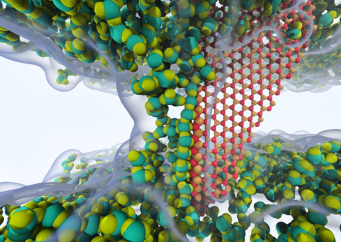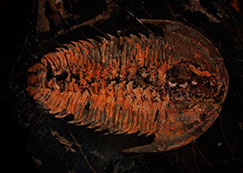A cough goes a long way – Understanding the spread of airborne cough droplets
When talking, singing, coughing and sneezing, virus-laden droplets and aerosols are expelled from the mouth of an infected person. The transmission of respiratory droplets or aerosols shows the competing effects between drag, inertia, gravity and evaporation. Each stage in the transmission process is affected by complex flow phenomena, ranging from turbulent jets, flow-induced droplets or aerosols dispersion and sedimentation, to droplet evaporation and deposition. Modelling and simulation based on fundamental thermo-fluid physics is able to provide accurate insight into and visualisation of the droplets or aerosols dynamics and spread process.
A research team at A*STAR’s Institute of High-Performance Computing (IHPC) has been harnessing the power of NSCC’s supercomputer resources to conduct Computational Fluid Dynamics (CFD) extensively to understand and visualise airflow and droplets or aerosol spread due to the effects of various parameters such as wind speed, humidity and temperature.
IHPC’s Computational Fluid Dynamics (CFD) framework considers key factors including but not limited to expulsion force of fluid volume, droplet or aerosol size distribution, evaporation of water from the particle (temperature and humidity dependent), and viral load in the droplet. The computational framework enables the quantification of droplets falling on human subjects based on air flow due to natural and mechanical ventilation and air-conditioning, and allows risk-based analysis of different configurations. In collaboration with Institute of Materials Research and Engineering (IMRE) who conducts smoke test, the framework coupled with risk-based analysis has also been applied and covered for different settings and scenarios.
To find out more about how NSCC’s HPC resources can help you, please contact [email protected].
NSCC NewsBytes September 2020





